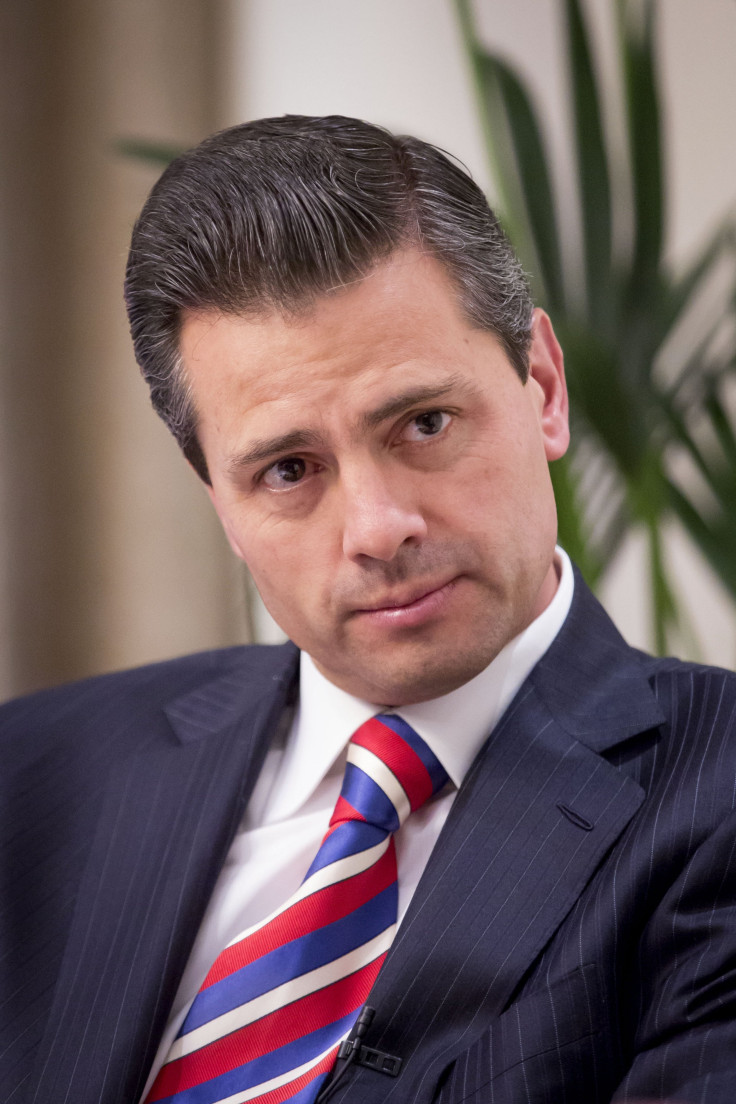
Mexican President Enrique Peña Nieto will present a bill on Wednesday which would reform three articles of Mexico's constitution to allow private investment in Petróleos Mexicanos or Pemex, which has since 1938 served as Mexico's single state-run oil company. Javier Treviño, a lawmaker with Peña Nieto's ruling centrist Institutional Revolutionary Party who has knowledge of what the proposal contains, said it would allow either production or profit-sharing contracts between private companies and Pemex but not concessions - meaning Petróleos Mexicanos will be able to contract services from companies for specific projects, but the oil resources themselves will remain in the hands of the state.
Bloomberg reports that the proposal would also break up an electricity distribution monopoly held by state power company Comision Federal de Electricidad, or CFE.
RELATED: Mexican Opposition Calls For Referendum On Reform Of Pemex
Excelsior reports that the reform could go one of two ways. In the first, one of the three constitutional articles to be amended - article 27 - could be changed to permit Pemex to extend contracts to private firms. Currently, the text of that article says that "neither concessions nor contracts may be granted" for the exploitation of the country's petroleum and other energy resources. That would be altered in a way identical to the original text of the article - supported by then-president Lázaro Cárdenas - in which concessions would remain unconstitutional but the way in which the exploitation of resources would be carried out would be left up to the state. This, say the PRI lawmakers who back it, would keep resources out of the hands of foreign investors but open up the market for particular project. The second route would simply extend the right to enter into joint agreements with companies - as it does now in its crude oil refining, for example - to deep-water drilling and shale gas projects.
RELATED: Vicente Fox Backs Marijuana Legalization; Would a US Brand Distribute Mexican Pot?
"We expect a reform to strengthen and transform Pemex," Treviño told Businessweek.
RELATED: 45 Percent Of Mexicans Live In Poverty Despite Decreasing Rate, Study Says
According to Businessweek, when concessions are granted, hydrocarbons underground usually belong to the state until it reaches a wellhead, at which point it becomes property of the international oil company. In production-sharing deals, crude oil remains state property until it's sold.
© 2025 Latin Times. All rights reserved. Do not reproduce without permission.




